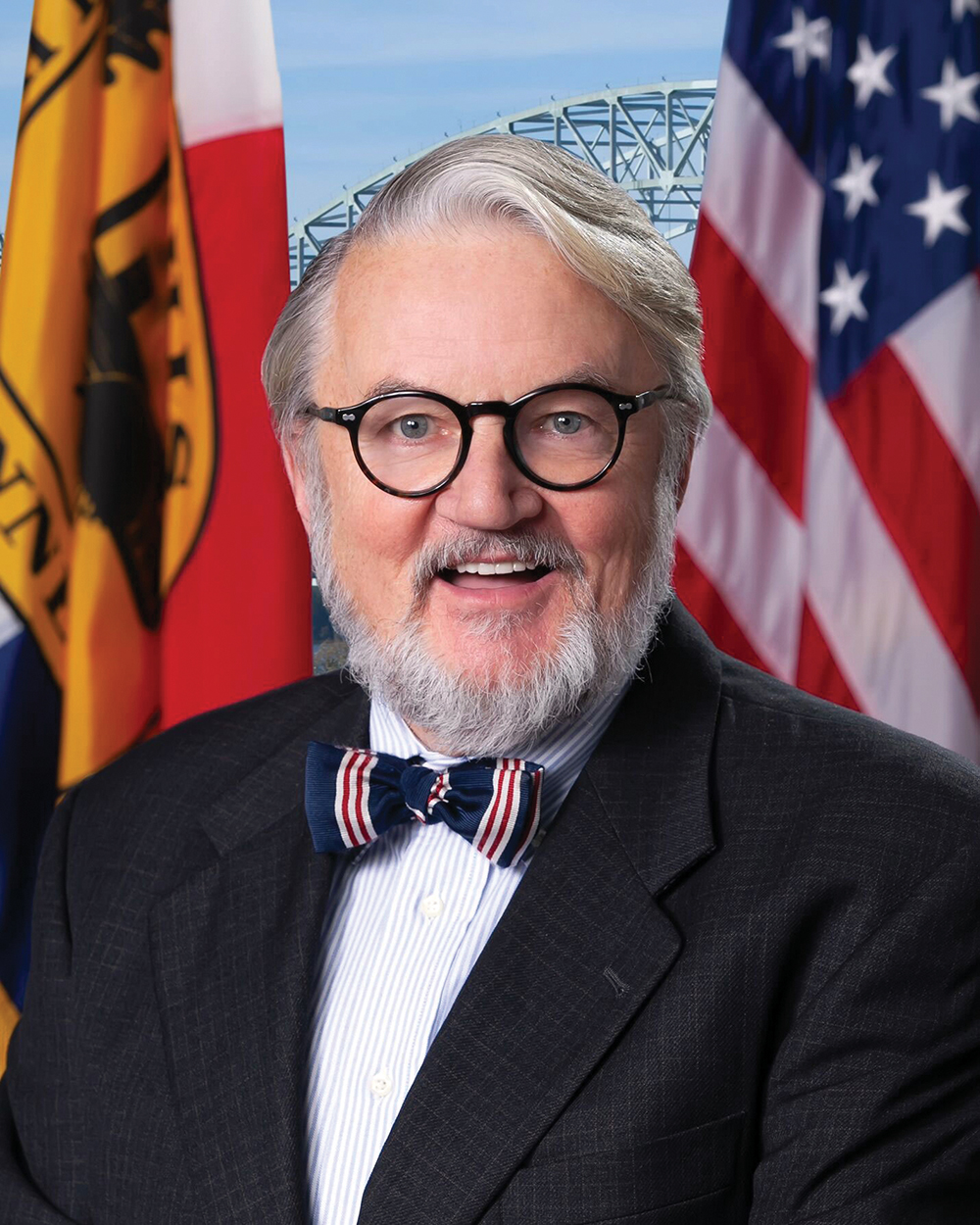I can understand why term limits are an attractive sell to the many Americans who are frustrated with the state of American politics. However, the data and research do not support these frustrations.
According to political science research, term limits have had little to no impact on diversity, more distributive fiscal policies, or incentivizing legislators to be more responsive to constituents. In an article for the Brookings Institution, Casey Burgat, assistant professor at George Washington University, writes, “Term limits — despite their broad appeal to a politically dejected public — simply don’t provide the benefits advocates promise.”
The broad consensus amongst political scientists is that term limits are not only gravely overestimated in their effectiveness but also come with a heap of unintended consequences.
The most devastating unintended consequence is the loss of qualified, committed, and experienced elected officials whom voters can no longer return to office. Experience handling emergency situations is an important point to consider as our world continues to deal with the immediate and long-term fallout of the pandemic. Facing inflation, a looming recession, and political instability overseas, I believe we will need the steady hand of leadership shown by Mayor Jim Strickland and my colleagues on the council.
Continuity and enough time in office is important for the city to continue to maintain the momentum we have worked so hard to achieve. Neither the mayor nor the city council have shied away from tackling ambitious projects during their time in office. However, short term limits threaten innovative public policy just the same.
The administration and council have shown excellent partnership and cooperation by collaborating on the creation and funding for the Group Violence Intervention Program, a new and holistic approach to combating gun violence in our city. Started in 2021, violence interventionists are out in our communities working with individuals who are at risk of committing violent acts, and they are also immediately on the scene after an act of gun violence is committed, to help reduce the likelihood of retaliation and get victims on the path to healing. This program is just starting to get off the ground but is showing immediate promise in reducing gun violence in our city. New policy approaches such as this are vulnerable without continuity of leadership.
In the winter of 2021, the city council approved Mayor Strickland’s Accelerate Memphis plan that made a historic $200 million investment in Memphis parks, community centers, libraries, roads, and pedestrian safety. Continuity of city leadership is important to make sure these important projects get done.
The lack of experience in municipal government caused by too short terms is another adverse impact. In fact, research shows that term limits are more likely to empower outside actors, such as lobbyists and bureaucrats, as newly elected politicians struggle to fill the knowledge and policy gaps. This lack of knowledge is not just related to the large bureaucracy at Memphis City Hall but also applies to the state of Tennessee and the federal government as well. So often our city is left out or behind on economic development, education funding, public works projects, and other investments. City leaders with intergovernmental affairs knowledge are crucial to advocating for our city getting the resources and respect it deserves from Nashville and Washington.
Opponents of extending term limits focus on apparent benefits that scholarly research tells us are overestimated at best. Because the research so clearly favors lax term limits, the public debate has become personal. Arguments against extending term limits are more about why certain officials should not be reelected. I feel this line of thinking jumps the gun as extending term limits does not bestow a mandate to anyone to run. Mayor Strickland and several of my colleagues on the city council would have to make their case to voters once more next year.
The term of any elected official ends with the next election; if constituents want change, they will vote change in. We saw during Atlanta’s city council elections last November six new officials unseat incumbents while, at the same time, long-serving and returning members retained seats. The different outcomes signal voters prioritize results over time in office. I hope Memphians will vote “yes” on the referendum to extend term limits, so we may have the opportunity to vote for civil servants and their experience and expertise.
Dr. Jeff Warren is a physician and a member of the Memphis City Council.
